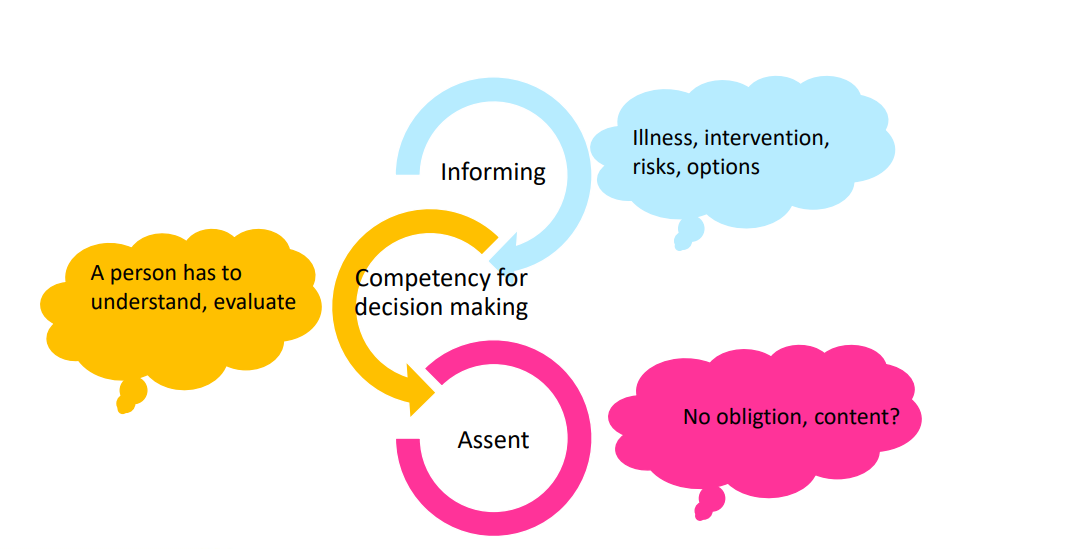
Arzu Kader HARMANCI SEREN, RN, MSc, PhD, worked as an organ transplantation coordinator at Istanbul University Cerrahpasa Medical Faculty Hospital between 2004 and 2010. She received the TTS scholarship and attended an internship program in Spain. She has published studies on organ transplantation coordination systems and nurses' roles in these systems in national and international journals. She is still studying health policy, hospital organisational behaviour, and organ transplant coordination systems. She is a member of the Organ Transplant Coordinators Association, the Association of Nephrology, Dialysis, and Transplantation Nurses in Turkey, and the International Transplant Nurses Society. She served as international director and director in prominent ectors positions. She is married to a lovely, chubby man and has a daughter.
A review on investigating the effect of consent systems on organ donation rates
Arzu Harmancı Seren1.
1Faculty of Health Sciences, Department of Nursing, Fenerbahce University, Istanbul, Turkey
Introduction: Since the first successful living kidney transplantation was performed between identical Herrick twins by Joseph Murray on December 23, 1954, at Brigham Hospital, the science of organ donation has still been struggling to overcome the problem of organ shortage problem to supply for demand. Even for the last two decades, researchers have been asking the same questions for increasing the number of deceased donors worldwide. Many essential steps, such as legislative framework, brain death concept and diagnosis, extended criteria donors, improved donor management methods and techniques, better perfusion solutions and technologies, and transparent organ allocation systems, have been taken over the years. However, the organ shortage problem has yet to be able to overcome. This review aimed to assess and compare the deceased organ donation rates in the countries that adopt informed and presumed consent types (Figure I, Figure II). The review also focused on understanding the differences between the adopted consent models.
Method: This study reviewed the relevant literature published between 2000 and 2023 in international journals indexed by the Web of Science core collection. It assessed the published papers that focused on comparing the informed and presumed consent types. Considering the arguments and findings of those studies, the results of this review were reported.
Results: Reviewed literature concluded that countries were adopting different const models, and some of them were trying to change their systems to increase deceased organ donation rates. The countries also had differences even though they adopted the same consent system. For example, some countries may adopt a soft presumed consent model while others adopt a strict one. There are some advantages and disadvantages to both methods. However, some research findings claim that countries that prefer presumed consent have more organ donation rates and transplantation from deceased donors; some others do not agree with this argument and provide opposite findings.
Conclusion: Based on the reviewed literature, this review may claim that both presumed and informed consent are used in different countries. There is a trend for Western authorities to convert their systems to presumed consent. Since the number of countries that use presumed consent is increasing, further research is needed to monitor the organ donation rates in those countries and compare the results with the previous rates.


[1] Consent types
[2] Presumed consent
[3] Informed consent
[4] Organ donation
